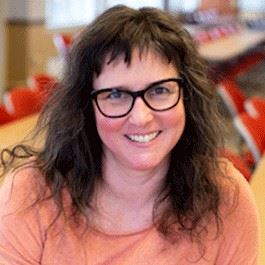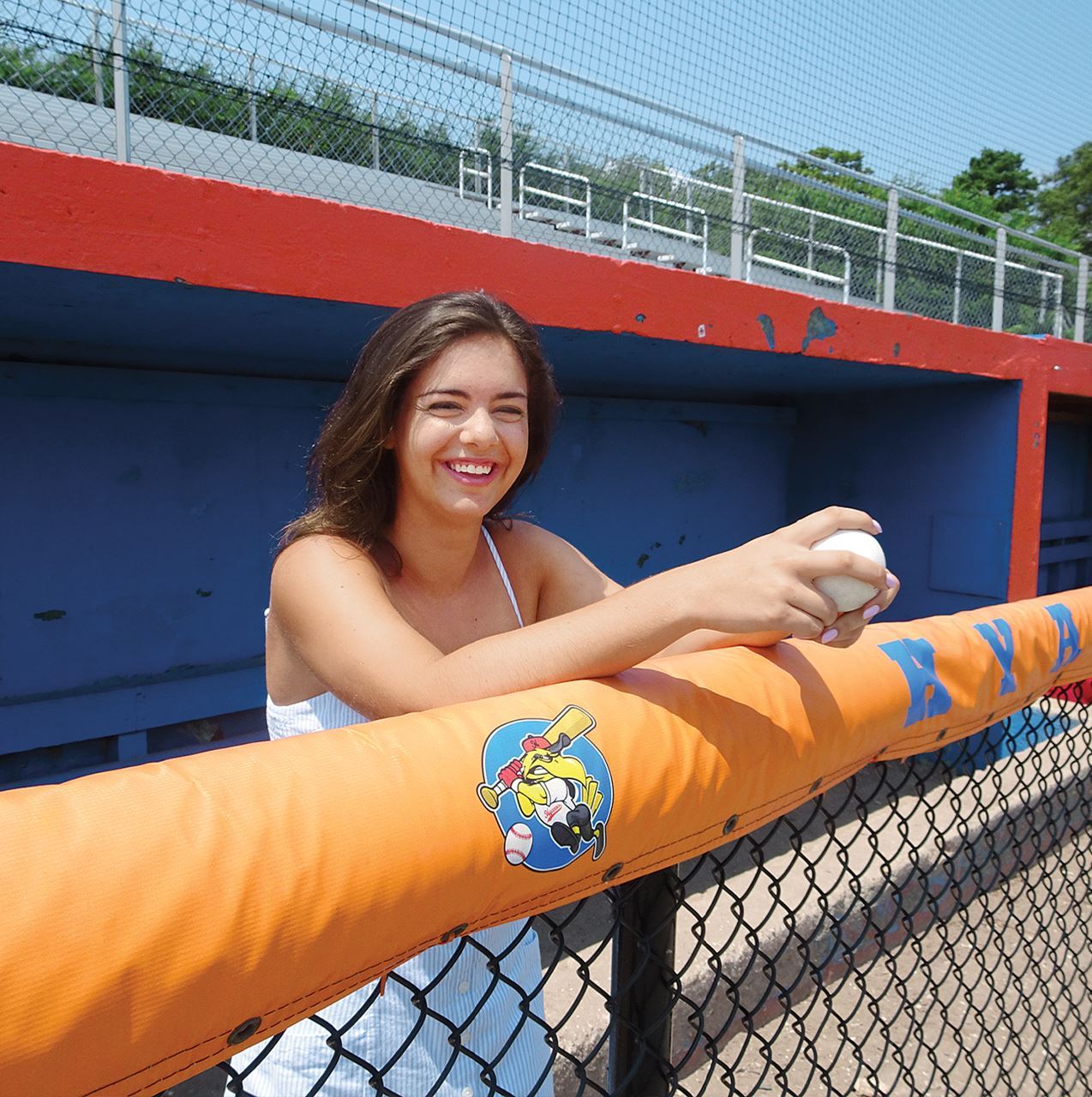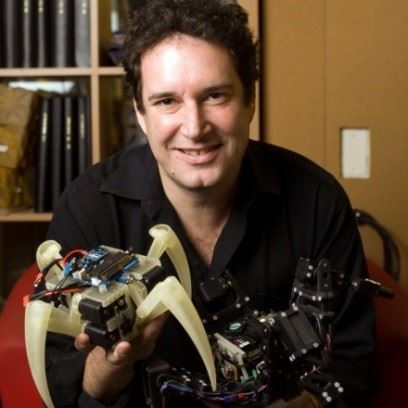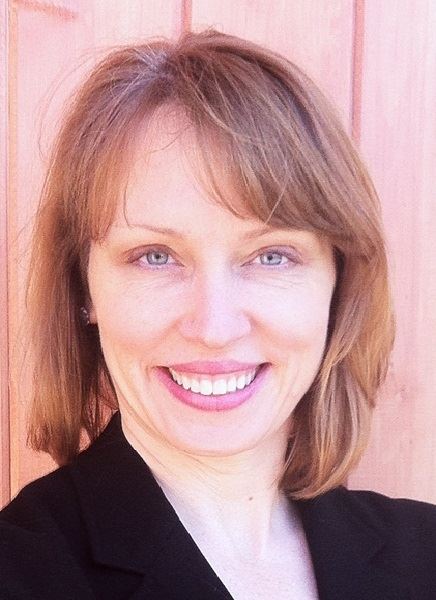|
Osher Online is a program from the Osher National Resource Center (NRC) at Northwestern University. These classes are delivered by the Osher NRC via Zoom, with participants from all over the country.
OLLI at BCC is excited to be a part of this program. Space is limited! Register early. Osher Online classes are $60 each, and available to OLLI at BCC members only. Each class has a limit of 15 students from each participating OLLI. Register by March 17. Osher Online classes are not recorded. After you register for Osher Online classes, you will receive a welcome email from the Osher NRC. This email will include an Osher Online username and password as well as a link to the Osher Online Website, through which you will access your classes. You will also have access to a pre-class orientation, where you'll get helpful information for accessing your class. There you'll find the class Zoom link, syllabus, discussion board and Customer Care contact information. It is recommended that you test your ability to log in before the start date of your class. On class days, you are also encouraged to log on 10-15 minutes before the start time. That will give you ample opportunity to get tech support and troubleshooting from the NRC if you need it. Osher Online classes are separate from our OLLI at BCC Spring Courses. |
Chemistry Inside You
Tuesdays 3:00 - 4:30 p.m. Zoom |
Kjir Hendrickson is a Teaching Professor in the School of Molecular Sciences at Arizona State University; they hold a PhD in chemistry and are the author of the textbook “Chemistry in the World.” Their academic work focuses on science communication, the reciprocal relationship between science and society, and matters of workplace climate and DEIJ in STEM. |
Human Animal Connection |
Wednesdays 7:00 - 8:30 p.m. Zoom Six Sessions: |
This course will have a heavy student discussion component, coupled with lecture and media. Jennifer (Jen) Baker’s expertise is in the interdependence of communication theory and practice, where she strives to help others find true self-awareness and confidence in their communication and interaction with others. She has been teaching communication courses for over 20 years, starting at the University of Texas at Austin, moving onto the University of North Carolina at Greensboro, and now at Columbia College Chicago and Northwestern University. Baker has worked at a marketing company, an engineering firm, and a variety of educational institutions. Additionally, she has founded an inner-city high school speech and debate team, assisted with photography and animation in independent films, and produced a radio show on communication. |
Our (Inter)National Pastime: |
Thursdays 1:00 - 2:30 p.m. Zoom Six Sessions: |
Katie Krall is a Senior Product Manager of Baseball Strategy at Hawk-Eye Innovations, a division of Sony Sports Business. She spearheads the development of new products that leverage biomechanics, player tracking, bat, and ball flight data. Krall spent 2022 as a Development Coach with the Boston Red Sox where she oversaw pitch design, advance scouting and integrating data into player plans. This was her first season in uniform and coaching 1st base wearing #43. She previously was part of the Global Strategy team at Google focusing on Google Workspace after two seasons with the Cincinnati Reds as a Baseball Operations Analyst, a position that combined the worlds of roster construction, analytics, and scouting. After graduating from Northwestern University, Krall worked for a year and a half at Major League Baseball in the Commissioner’s Office in New York City as a League Economics & Operations Coordinator. At MLB, Krall advised Clubs on 40-man roster management, MLB rules and compliance, major league administration, and salary arbitration. In 2016, Krall planned the World Series Trophy Tour for the Chicago Cubs. The previous summer, she was an Assistant General Manager in the Cape Cod Baseball League. She received her MBA from the University of Chicago’s Booth School of Business in June 2022. In fall 2023 she will be Adjunct Faculty in Northwestern’s Masters of Sports Administration Program teaching Sports Business: Finance, Accounting, and Economics. |
AI for Regular People |
Thursdays 7:00 - 8:30 p.m. Zoom Six Sessions: Closed Limit Reached |
Closed Limit Reached Artificial Intelligence (AI) has been around for decades, but suddenly it seems to be everywhere. Whether we like AI, fear it, or try to ignore it, our lives and livelihoods will be changed forever by intelligent chatbots, self-driving vehicles, surveillance drones, precision medicine, robotic art and more. In six jargon-free class sessions, this course aims to help regular people understand modern AI. No experience with computers or programming is required, nor expected. Course sessions will cover the past and future of AI, why older forms of AI failed to deliver, and where modern AI and self-guided robots are headed. The human elements of AI will be discussed throughout, including its impact on jobs and AI’s potential to both help and harm us. Please note: this is the same course that Dr. Lipson and Melba Kurman taught for OLLI at BCC in Spring 2023. This course will be co-taught by Dr. Hod Lipson, Professor of Engineering and Data Science at Columbia University and author and technology analyst Melba Kurman. At Columbia, Hod directs the Creative Machines Lab, where he and his students design and build artificially intelligent robots that can make new robots, paint original art, and physically express human-like emotions. Hod is one of the world's most-cited academic roboticists and his playful, innovative approach to artificial intelligence has been featured in the New York Times, Quanta, NPR, and TED. In the past, Melba worked at Microsoft, Cornell University and at a variety of technology start-ups. Melba and Hod are frequently invited to speak about technology issues and are the co-authors of two popular technology books, “Driverless” and “Fabricated: the promise and peril of 3D printing.” They divide their time between New York City and the Berkshires. |



 Chemistry abounds in the real world, but few
reactions in chemistry feel quite as intimate as those taking place inside our
bodies. In this class, we’ll learn about the molecules we eat and why we need
them, as well as learning why nutritional research sometimes seems so confusing
and fraught, as though scientists can’t make up their minds. We’ll also explore
the science behind popular diets, learn how food molecules fuel our activities,
and tackle what some of the latest science is revealing about the importance of
the microbiome.
Chemistry abounds in the real world, but few
reactions in chemistry feel quite as intimate as those taking place inside our
bodies. In this class, we’ll learn about the molecules we eat and why we need
them, as well as learning why nutritional research sometimes seems so confusing
and fraught, as though scientists can’t make up their minds. We’ll also explore
the science behind popular diets, learn how food molecules fuel our activities,
and tackle what some of the latest science is revealing about the importance of
the microbiome. Much research is currently being done on how humans and animals communicate and interact with one another. There are institutes at universities, books to read, as well as articles online about what your dog’s facial expression means or what your cat’s scratching behavior might indicate. Researchers such as Jane Goodall and Temple Grandin (to name just a few) live with and can tell us how animals experience the same emotions and what their thoughts might be. The perceived intelligence level of animals has repeatedly increased as the research continues, and we are able to learn more about animals and their life practices. Ethical farming practices, as well as everyday training for our domestic animals reflect that animals have many of the same basic needs and wants that we as humans have. The interesting practice is how that comes out in our everyday lives – all the way from what we eat to how we interact with our household pets. In this course, we will talk about and understand the latest research, what that means for human beings, and how this will continue to affect our co-existence in the future.
Much research is currently being done on how humans and animals communicate and interact with one another. There are institutes at universities, books to read, as well as articles online about what your dog’s facial expression means or what your cat’s scratching behavior might indicate. Researchers such as Jane Goodall and Temple Grandin (to name just a few) live with and can tell us how animals experience the same emotions and what their thoughts might be. The perceived intelligence level of animals has repeatedly increased as the research continues, and we are able to learn more about animals and their life practices. Ethical farming practices, as well as everyday training for our domestic animals reflect that animals have many of the same basic needs and wants that we as humans have. The interesting practice is how that comes out in our everyday lives – all the way from what we eat to how we interact with our household pets. In this course, we will talk about and understand the latest research, what that means for human beings, and how this will continue to affect our co-existence in the future. Since its inception, baseball has impacted race, politics, economics, and culture both in the United States and around the world. In this survey course we will analyze the evolution of the sport of baseball, as well as the modern game with its emphasis on data and scouting.
Since its inception, baseball has impacted race, politics, economics, and culture both in the United States and around the world. In this survey course we will analyze the evolution of the sport of baseball, as well as the modern game with its emphasis on data and scouting.

.jpg)